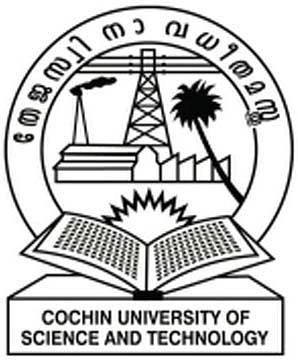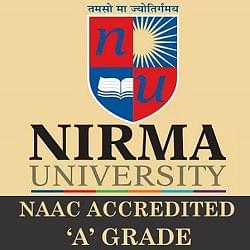Introduction to Ph.D. in Kinesiology
A Ph.D. in
Kinesiology is a research-oriented doctoral program focused on the study of
human movement and physical activity. This field integrates knowledge from
biomechanics, physiology, psychology, neuroscience, and other disciplines to
understand how physical activity affects health, performance, and quality of
life. Graduates of this program are equipped to pursue careers in academia,
research institutions, healthcare, sports organizations, and more.
Admission Process for Ph.D. in Kinesiology
The admission
process for a Ph.D. in Kinesiology typically includes the following steps:
Prerequisites and
Eligibility:
A Master's degree
in Kinesiology, Exercise Science, or a related field.
A strong academic
record, usually with a minimum GPA requirement (often around 3.0-3.5 on a 4.0
scale).
Application
Submission:
Completed
application form.
Official
transcripts from all post-secondary institutions attended.
Letters of
recommendation (typically 2-3) from academic or professional references.
A statement of
purpose outlining research interests, career goals, and reasons for pursuing
the Ph.D.
A current CV or
resume.
Standardized Tests:
Some programs may
require GRE scores, although this requirement is becoming less common.
Interview:
Shortlisted
candidates may be invited for an interview, either in-person or online, to
discuss their research interests and fit for the program.
Research Proposal:
Some programs may
require a preliminary research proposal or outline of potential research
topics.
Syllabus of Ph.D. in Kinesiology
The syllabus for a
Ph.D. in Kinesiology varies by institution, but it generally includes the
following components:
Core Courses:
Advanced
Biomechanics: Study of the
mechanical aspects of human movement.
Exercise Physiology: Exploration of physiological responses to
physical activity.
Motor Control and
Learning: Understanding how
the brain controls movement and how motor skills are acquired.
Research Methods
and Statistics: Training in
experimental design, data analysis, and statistical methods used in kinesiology
research.
Specialized
Electives:
Neuroscience of
Physical Activity:
Examination of the neural mechanisms underlying movement and exercise.
Psychology of Sport
and Exercise: Investigation
of psychological factors influencing sport performance and physical activity.
Clinical Exercise
Physiology: Study of
exercise interventions in clinical populations.
Public Health and
Physical Activity: Analysis
of the role of physical activity in public health.
Research and
Dissertation:
Dissertation
Research: Conducting
original research under the guidance of a faculty advisor, culminating in a
doctoral dissertation.
Seminars and
Colloquia: Participation in
regular seminars to present research findings and engage with current
literature in the field.
Teaching and
Professional Development:
Teaching Practicum: Gaining experience in teaching
undergraduate or graduate courses.
Professional
Development Workshops:
Training in grant writing, academic publishing, and other professional skills.












